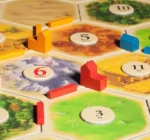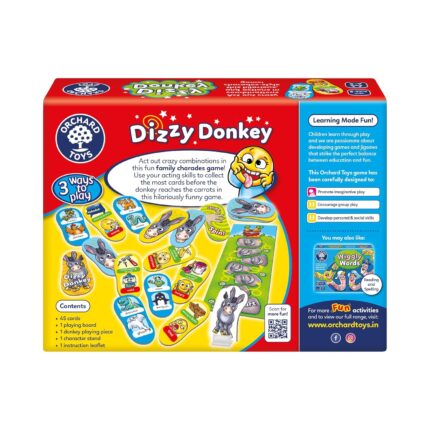Please go through the following before placing orders.
Shipping & Delivery
- We offer delivery across India.
- All products listed are 100% original, authentic, and brand new.
- We ensure secure packaging and may use repurposed boxes wherever appropriate.
- Orders are typically dispatched within 24 working hours. In rare cases, dispatch may take up to 3 working days.
- Delivery timelines depend on the delivery location and courier partner, and generally range from 2 to 8 working days.
- Once your order is shipped, a tracking link will be shared via email.
- For international orders, please contact us on WhatsApp at +91-95287 18269.
- Shipping Charges:
- Free shipping on orders above ₹999.
- Standard shipping charge of ₹100 for orders below ₹999.
- Cash on Delivery (COD) is available with an additional charge of ₹100.
Returns & Cancellations
- Please note that we do not accept cancellation requests once an order has been placed.
- In the event of a damaged product, a return request can be initiated only with valid unboxing proof.
- Claims without unboxing videos and clear supporting photographs cannot be processed.
- Refunds or exchanges will be initiated only after the damaged product has been received by us.
- Refunds, once approved, will be processed to the customer’s bank account within 8–12 business days.
- For products with missing components, please allow 5–7 working days for us to attempt resolution. Such cases are escalated to the manufacturers and will be addressed to the extent feasible.
- Please note: SHUFFLE Games does not guarantee the replacement or exchange of damaged parts, nor the supply of missing or lost components, particularly in the case of international editions.
Payment Policy
- We accept payments via credit cards, debit cards, UPI, wallets, and more — all processed securely through our Razorpay payment gateway.
- For any issues related to failed transactions or payment errors, please reach out to our support team via email or WhatsApp.































